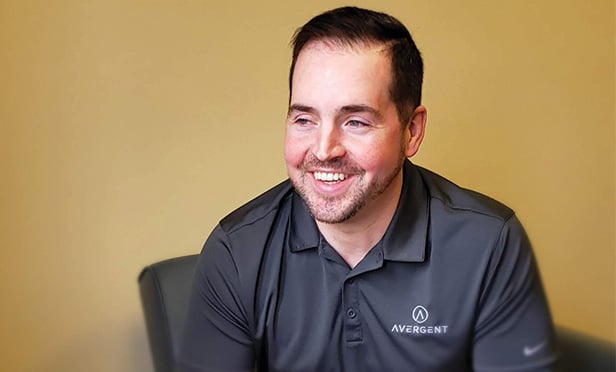
Drew Leatherberry, founder and advisor, Avergent, is passionate about transparency and transformation in health care pricing and delivery for the long-term sustainability of employer health plans.
Paul Wilson: How did you get your start in the benefits industry?
I started 11 years ago, coming from the startup technology world, where I met a gentleman who had been in this business for 20+ years. He provided my previous company with office space, and we would have lunch and happy hour conversations about health care. When my startup dissolved, I co-founded a health insurance agency with him and we ran it for about four and a half years, working with small and mid-sized companies in Northeast Wisconsin.
We developed a care advocacy program to help employees make decisions when they got to that mid-level of care—an MRI, a CT scan or an orthopedic procedure—and try to steer them toward value. We tried to help people navigate their care pathways.
Continue Reading for Free
Register and gain access to:
- Breaking benefits news and analysis, on-site and via our newsletters and custom alerts
- Educational webcasts, white papers, and ebooks from industry thought leaders
- Critical converage of the property casualty insurance and financial advisory markets on our other ALM sites, PropertyCasualty360 and ThinkAdvisor
Already have an account? Sign In Now
© 2024 ALM Global, LLC, All Rights Reserved. Request academic re-use from www.copyright.com. All other uses, submit a request to [email protected]. For more information visit Asset & Logo Licensing.








